Montenegrin police official – war criminal?
The Podgorica Prosecutor’s Office has filed charges against Ulcinj police chief Sreten Glendža.
Thursday, 30.08.2007.
12:09

The Podgorica Prosecutor’s Office has filed charges against Ulcinj police chief Sreten Glendza. Glendza is the chief of the southern Montenegrin coastal town's criminal department. Montenegrin police official – war criminal? He is suspected of committing war crimes against civilians, according to Podgorica daily Vijesti, which quotes sources close to the investigation. The sources stated that Glendza is suspected of arresting and deporting Muslim refugees to Montenegro back to Bosnia-Herzegovina in 1992. Police are currently taking statements and interviewing witnesses, according to the daily’s sources. In Ulcinj, where Glendza was chief of security department in 1992, eight Bosnian citizens were deported and handed over to the Bosnian Serb army (VRS). One of the civilians survived, while the others are still listed as missing. The Podgorica High Court is also investigating five former officials of the Montenegrin police suspected of deporting Muslims and Serbian refugees in May 1992 from Montenegro to the Republic of Srpska. Others under investigation are former Deputy Internal Affairs Minister Milisav Markovic, Herceg Novi Security Center chief Milorad Ivanovic, state security agency SDB operative in Herceg Novi Dusko Bakrac, police commander Milorad Sljivancanin and Bar Security Center chief Branko Bujic. All the suspects have denied involvement. The charges against officials from Herceg Novi and Bar include the 1992 arrest of 83 Muslim and Serb refugees, after which they were handed over to police in Foca, Cajnica, Srebrenica and Trebinje. The deported Muslims were killed soon after. The investigation, which was launched on February 18, 2006, has been hindered by former Montenegrin president Momir Bulatovic’s refusal to appear for questioning in the case. Two other key officials, former National Security Chief and Deputy Internal Affairs Minister Bosko Bojovic and Nikola Pejakovic, are also expected to be interviewed as part of the investigation, according to the daily.
Montenegrin police official – war criminal?
He is suspected of committing war crimes against civilians, according to Podgorica daily Vijesti, which quotes sources close to the investigation.The sources stated that Glendža is suspected of arresting and deporting Muslim refugees to Montenegro back to Bosnia-Herzegovina in 1992.
Police are currently taking statements and interviewing witnesses, according to the daily’s sources.
In Ulcinj, where Glendža was chief of security department in 1992, eight Bosnian citizens were deported and handed over to the Bosnian Serb army (VRS).
One of the civilians survived, while the others are still listed as missing.
The Podgorica High Court is also investigating five former officials of the Montenegrin police suspected of deporting Muslims and Serbian refugees in May 1992 from Montenegro to the Republic of Srpska.
Others under investigation are former Deputy Internal Affairs Minister Milisav Marković, Herceg Novi Security Center chief Milorad Ivanović, state security agency SDB operative in Herceg Novi Duško Bakrač, police commander Milorad Šljivančanin and Bar Security Center chief Branko Bujić.
All the suspects have denied involvement.
The charges against officials from Herceg Novi and Bar include the 1992 arrest of 83 Muslim and Serb refugees, after which they were handed over to police in Foča, Čajniča, Srebrenica and Trebinje.
The deported Muslims were killed soon after.
The investigation, which was launched on February 18, 2006, has been hindered by former Montenegrin president Momir Bulatović’s refusal to appear for questioning in the case.
Two other key officials, former National Security Chief and Deputy Internal Affairs Minister Boško Bojović and Nikola Pejaković, are also expected to be interviewed as part of the investigation, according to the daily.











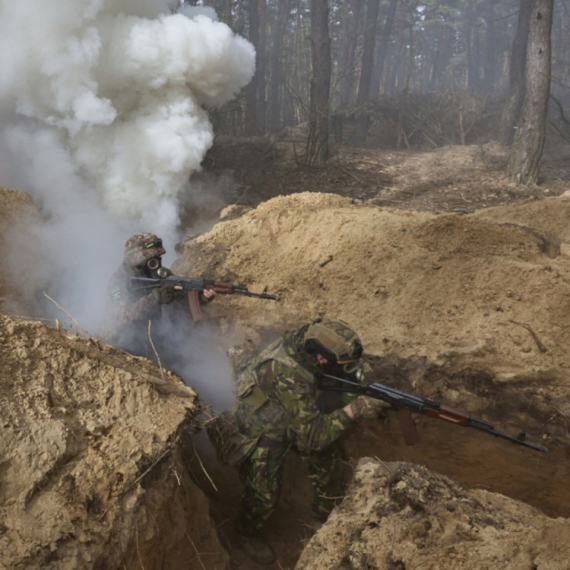
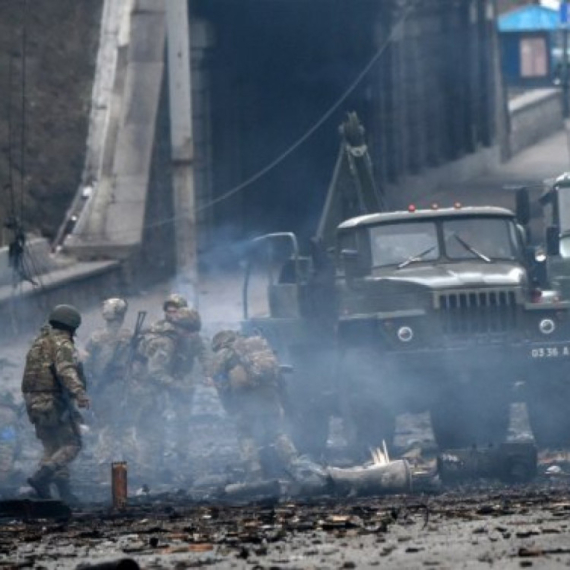
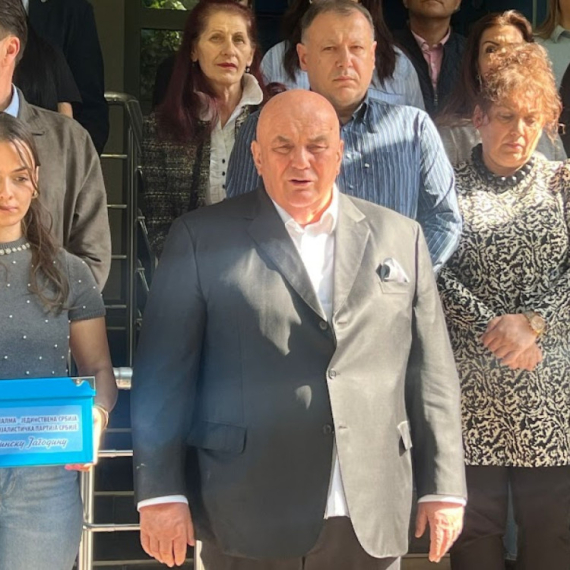

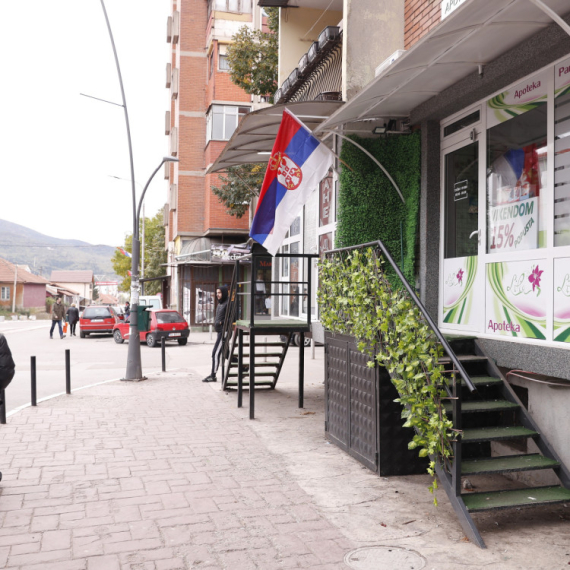
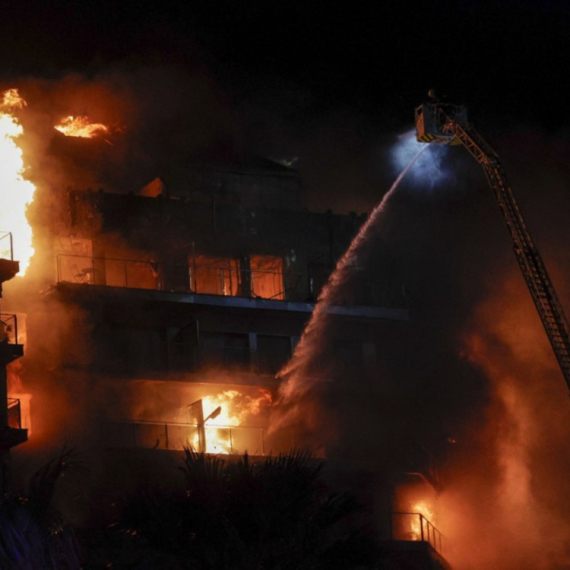
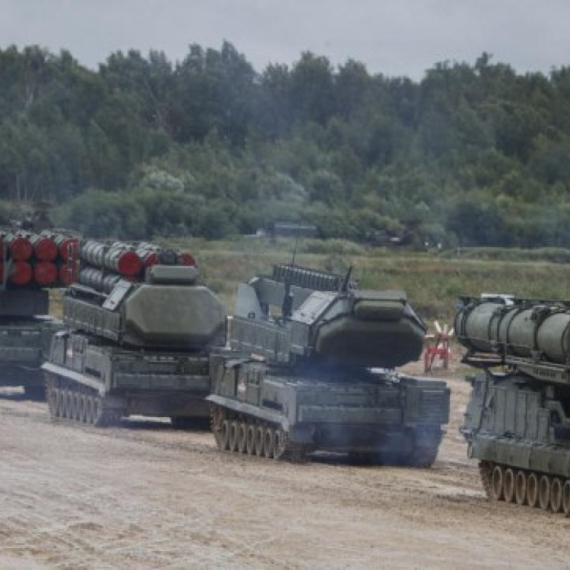






Komentari 0